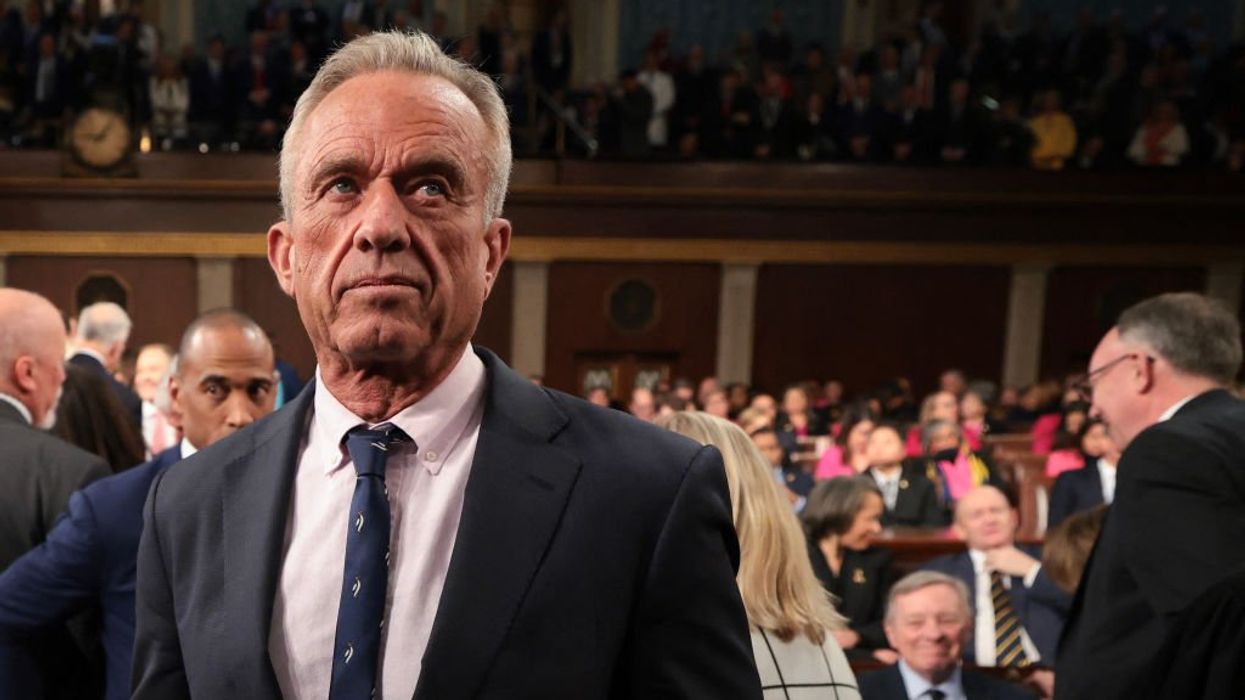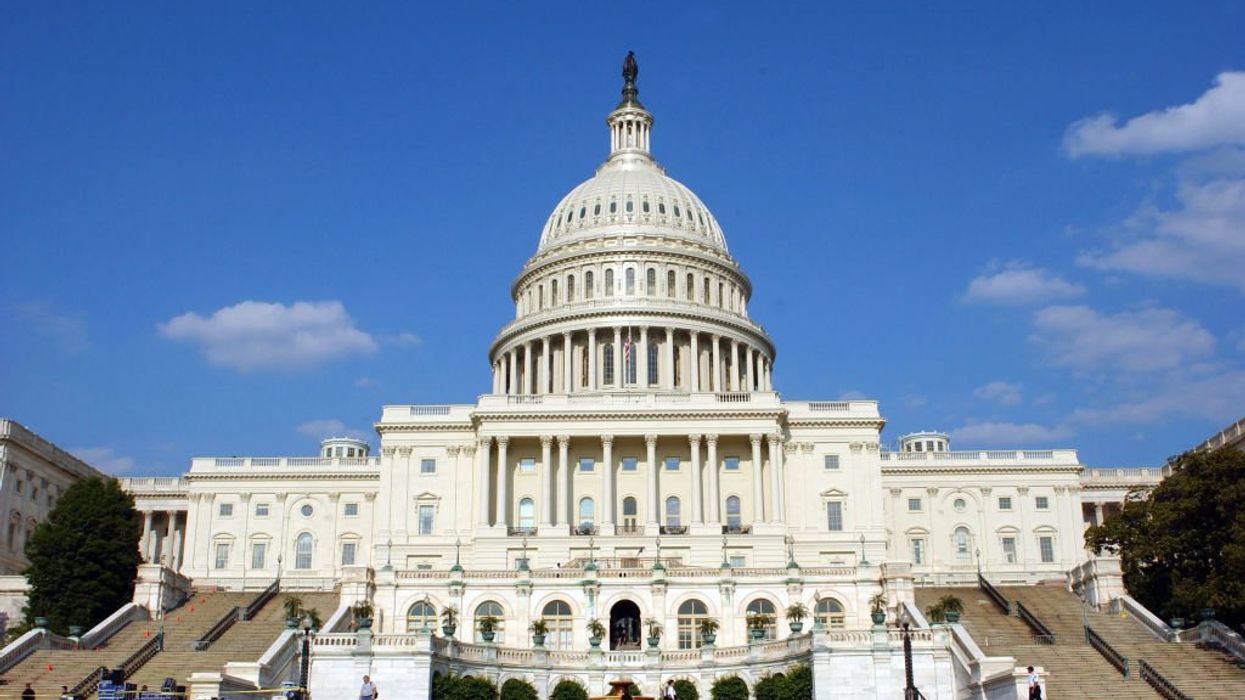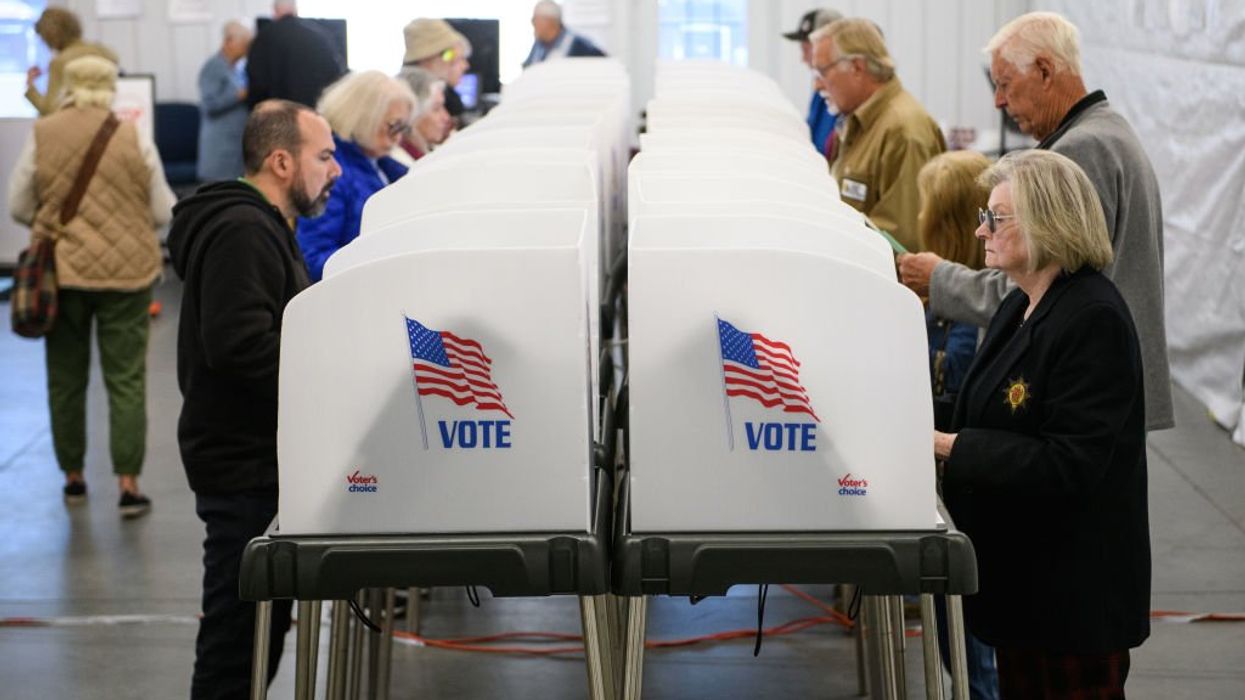There is one man who embodies the spirit of capitalism, but most have never heard of him. That needs to change. It's time for Americans to remember and get to know Milton Friedman, the father of modern economics.
Milton Friedman was a brilliant champion of the free market, capitalism and the American way of life. He was not a politician, just a man who looked at things in a radically different way --- and articulated them simply and persuasively.
Part II: Evils of Collectivism
Nobel Prize-winning economist Milton Friedman was a staunch and brilliant defender of capitalism. He understood that without America and the free market system, the world would still be languishing in the Dark Ages. He very often took on socialists and their distortions of history and reality. In a forum at the University of Chicago, Friedman took on Michael Harrington of the Democratic Socialist Organizing Committee.
MICHAEL: I think people over 65 years of age in the United States today are freer now because of Medicare. I do not think that the freedom to die from the lack of medicine was a very good thing. Secondly, related to industrialists, I think that one of the startling things about American history is that when Franklin Roosevelt was saving the system from itself, the main beneficiaries were screaming bloody murder at him for being a traitor to his class, when he was, in fact, the salvation of that class. And I think if you -- therefore, if you look at our history, I do think you find a tremendous myopia on the part of industrialists, and you find that the positive increments to our freedom, interestingly enough have not come from the college graduates, but often from people --- not from the best people. It's come from working people. It's come from poor people. It's come from blacks and Hispanics and the like.
MILTON: Unaccustomed as I am to agreeing with Michael Harrington, I will agree in part with what he's just said. I do not believe it's proper to put the situation, in terms of industrialists versus government. On the contrary, one of the reasons why I am in favor of less government is because when you have more government, industrialists take it over, and the two together form a coalition against the ordinary worker and the ordinary consumer. I think business is a wonderful institution, provided it has to face competition in the marketplace and it can't get away with something, except by producing a better product at a lower cost. And that's why I don't want government to step in and help the business community. Now, I want to go to your question about Medicare. There are many people who benefited from Medicare, but you're not looking at the cost side. What has happened to the people who are paying for it? It isn't -- we don't have a free good. It isn't coming from nowhere. And are they benefiting from it, in a cost-effective way? Those are the questions. It's demagoguery, if you'll pardon me, Michael Harrington, to say the people who have Medicare are freer. Of course, in one dimension. But they themselves had been paying all their life, and have they gotten a good bargain? At the moment, they have. The young man, the young working people who are going into Social Security now, they're going to get a very raw deal indeed.
Milton Friedman boldly argued against government-controlled fairness and "social justice."
MILTON: Social injustices are clearly greatest where you have central control. The degree of social injustice and torture in a place like --- and incarceration, in a place like Russia, is of a different order of magnitude than it is in those Western countries where most of us have grown up and in which we have been accustomed to regarding freedom as our natural heritage. Where do you have the greatest degree of inequality? In the socialist states of the world.
Don't look at what the proponents of one system or another say are their intentions, but look at what the actual results are. Socialism, which means government ownership and operation of means of production, has appealed to high-minded, fine people. To people of idealistic views because of the supposed objectives of socialism, especially because of the supposed objectives of equality and social justice. Now, those are fine objectives. And it's a tribute to the people of good will that those objectives should appeal to them, but you have to ask the question: Does a system, no matter what its proponents say, produce those results? And once you look at the results, it's crystal clear that they do not.
According to Milton Friedman, the motives of those involved in oppressive nations may even be good, but it doesn't matter. He argued to look beyond the motives and assess the results.
MILTON: The most harm of all is done when power is in the hands of people who are absolutely persuaded of the purity of their instincts and the purity of their intentions. Thoreau said that philanthropy is a much overrated virtue. Sincerity is also a much overrated virtue. Heaven preserve us from the sincere reformer who knows what's good for you and, by heaven, is going to make you do it whether you like it or not. That's when you get the greatest harm done. I have no reason to doubt that Lenin was a man whose intentions were good, maybe they weren't, but he was completely persuaded that he was right and he was willing to use any methods at all for the ultimate good.
Friedman tried to reason with the collectivists who believed in socialism and wanted more of it, including more health care.
MILTON: I say to people who say we have to have government medicine in there. I say, would you mind first telling me which of the other great reforms of government have achieved their objectives? I take it you mean the federal housing program has solved the problem of housing for the low-income groups. I take it you mean that the federal welfare program has solved the problems of welfare of indigents and dependents, that federal urban renewal and housing --- and reconstruction programs have solved the problem of urban life.
Despite the pressures from socialists and communists, Friedman never lost hope --- and neither should we.
Listen to the Full Series on Milton Friedman
Part II: Evils of Collectivism

















